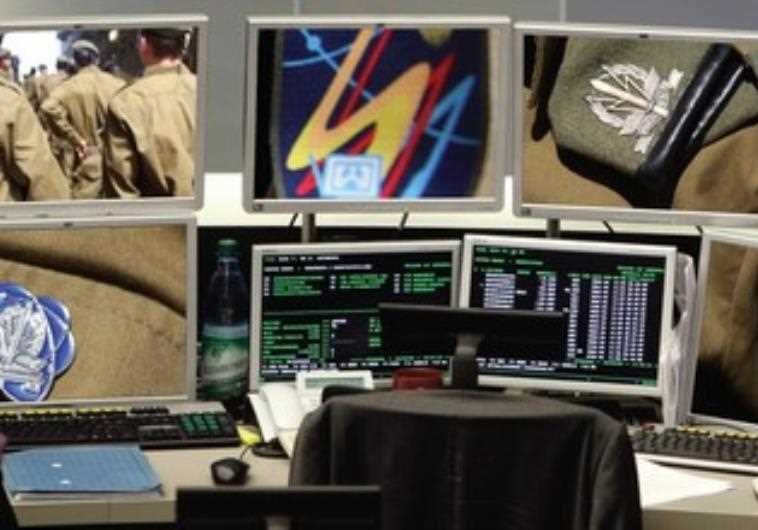IDF could unify cyber defense and offense into single branch
As the IDF becomes increasingly dependent on digital networks for its combat capabilities, the issue of cyber security has become paramount.
 IDF cyber defense war room (photo credit: MARC ISRAEL SELLEM,REUTERS)
IDF cyber defense war room (photo credit: MARC ISRAEL SELLEM,REUTERS)